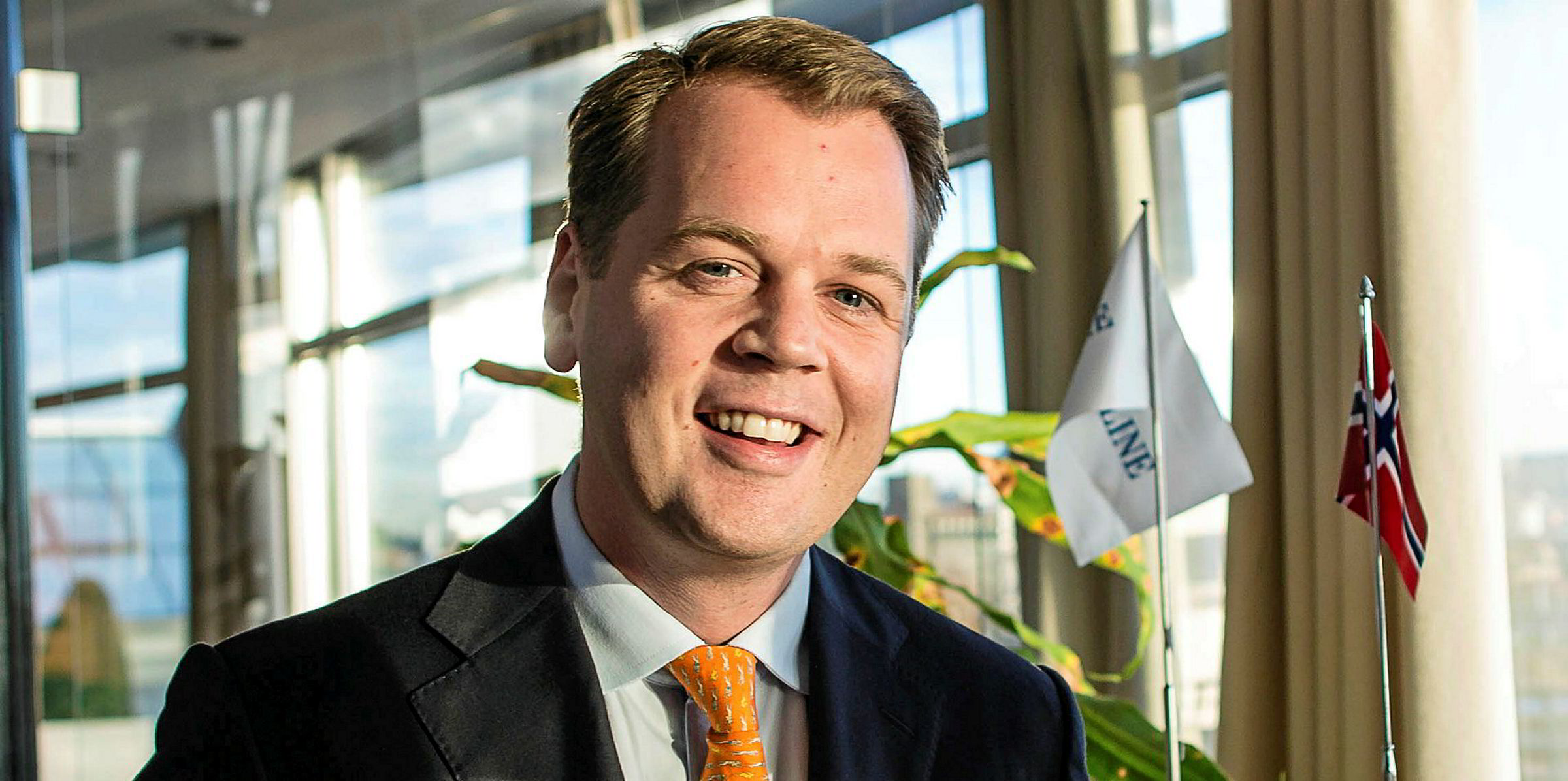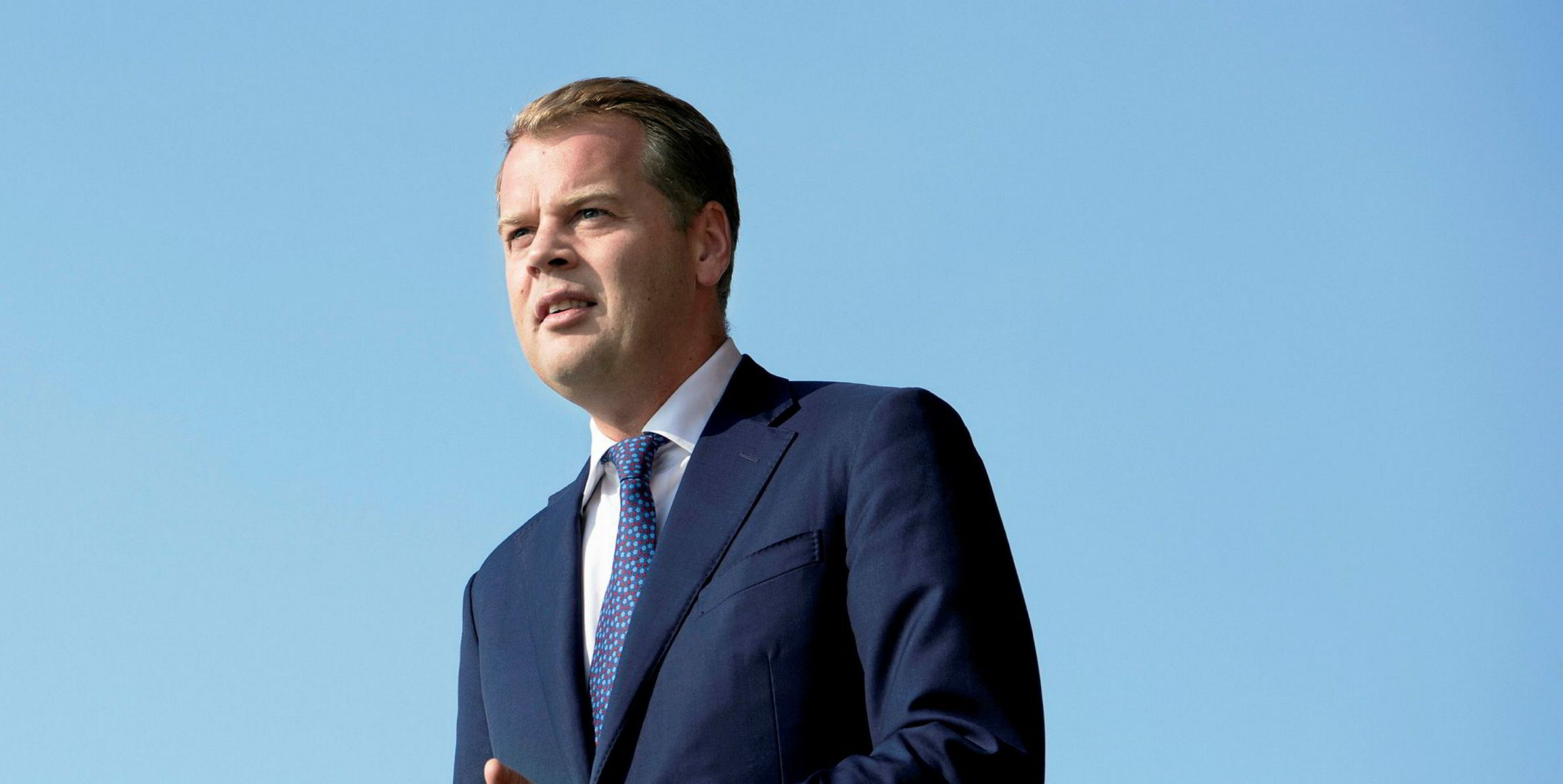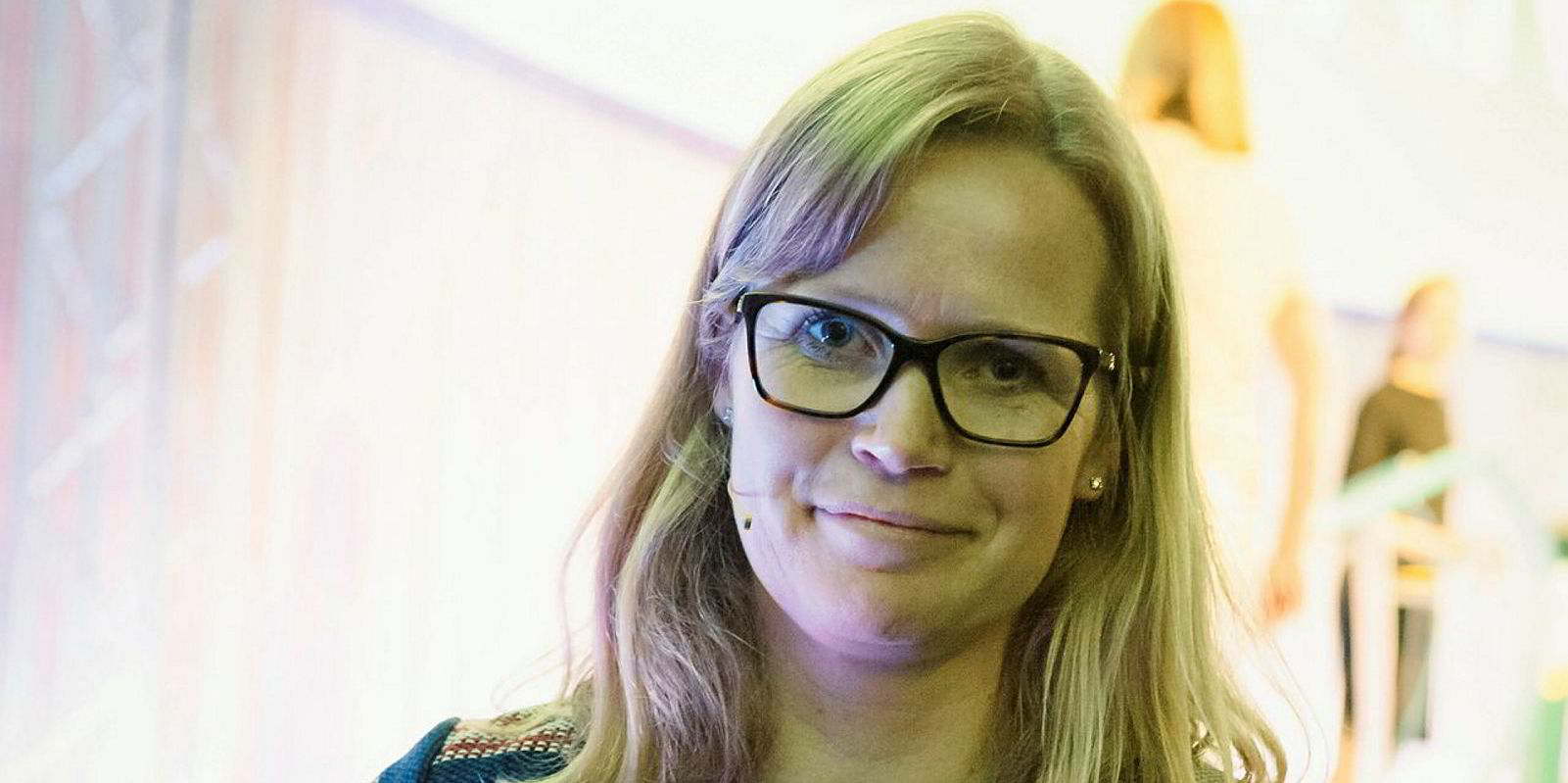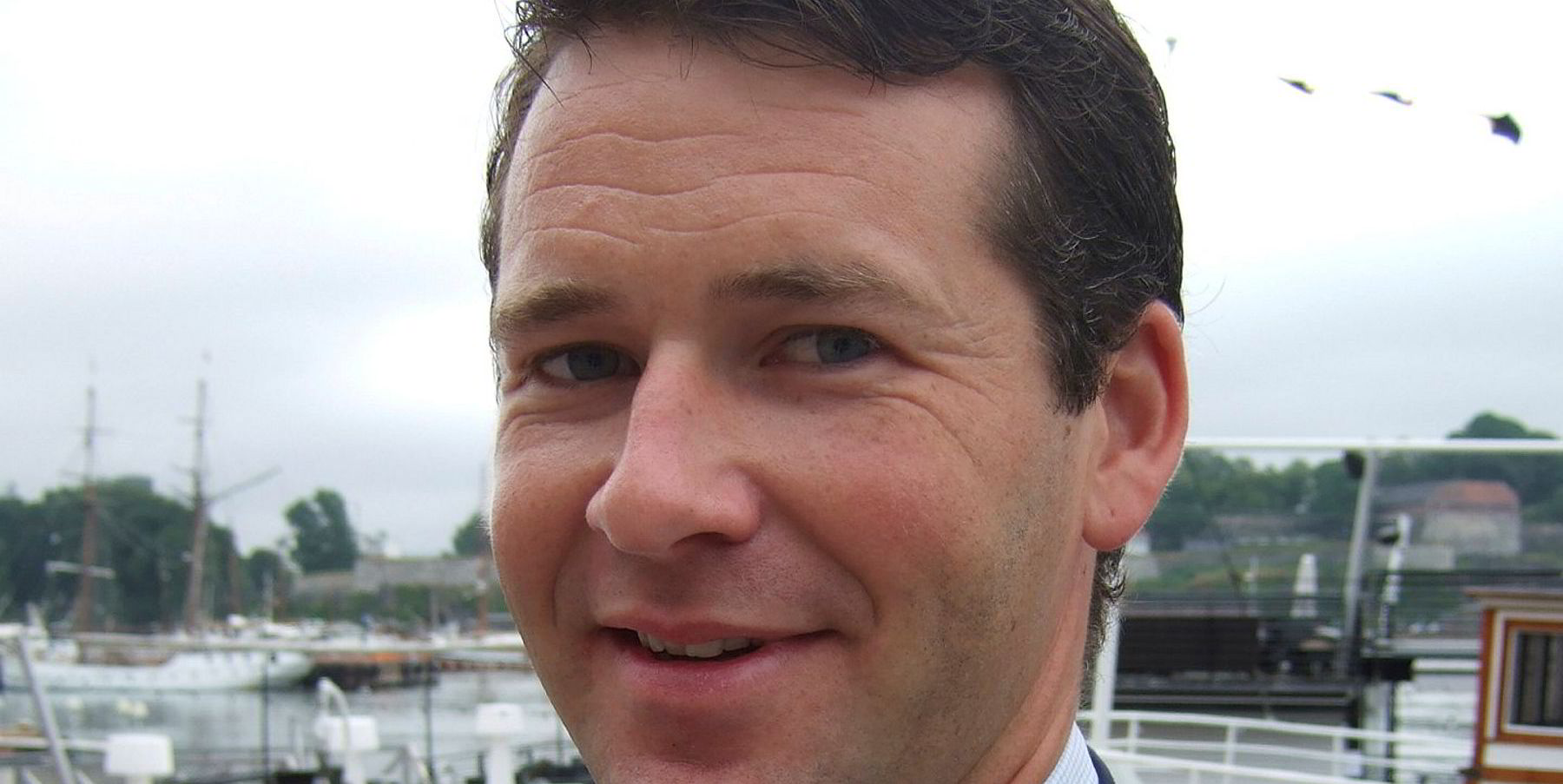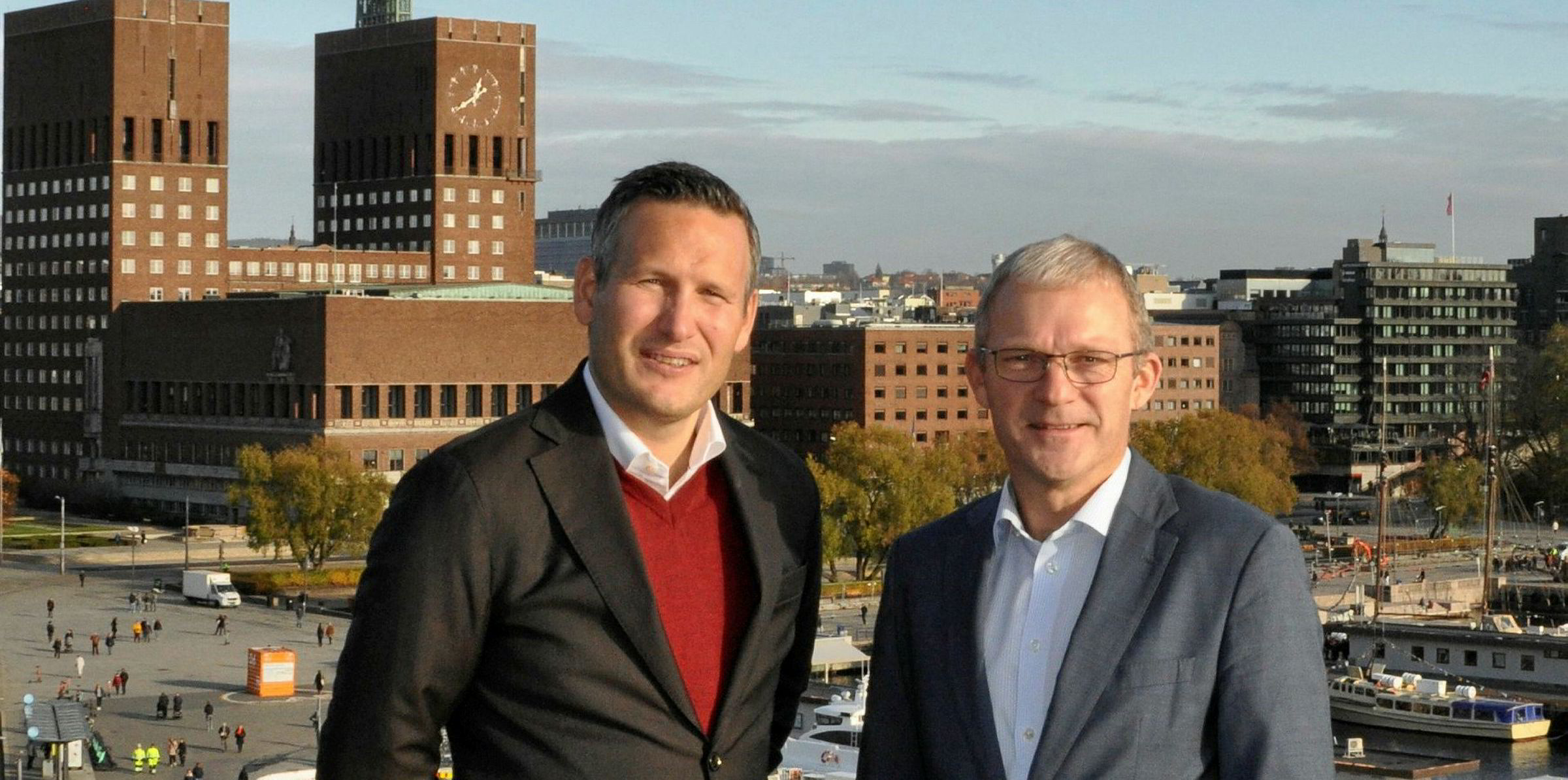John Fredriksen-chaired Frontline is planning to extend front cover for some of its vessels in 2020 while making further investment decisions on scrubber installations, according to a senior executive.
In a conference call, Frontline Management’s chief executive Robert Hvide Macleod said spot earnings would remain strong for at least 12 to 18 months with the current orderbook size.
According to data provided by Frontline, the capacity of tankers on order accounts for 6.9% of existing fleet, the lowest this century.
“On the supply side, I don't think we've got much to worry about,” according to Macleod, who is in charge of the tanker giant’s day-to-day business.
“The old ships will not be able to compete against new ones. There will not be much recycling, but we'll have a lot of ships go into [floating] storage.”
“One of the obvious ways to…secure income is to do some time charters.”
Clarksons data shows period rates for VLCCs have recently risen to their highest in about four years, riding on the buoyant market mood in spot trade.
However, Macleod said Frontline would likely wait until next year as period rates might increase further.
“I think that [the] market still has a lot to go. I think the rates are…going to increase. So we're not jumping into anything now, but we are watching it very, very closely and we will take action and protect future earnings,” Macleod said.
“It's a great tool. And I think that tool will be much easy to use in 2020 than it was in 2019.”
Frontline will aim to secure charters lasting for two or three years, with the market visibly beyond 18 months still low, according to Macleod.
“We will look at the longer deals…that will be the aim,” said Macleod.
Possibly more scrubber installation
With a fleet of more than 70 tankers, including 22 VLCCs, New York- and Oslo-listed Frontline is one of the 10 largest tanker operators in the world.
To comply with the IMO 2020 regulations, Macleod said Frontline would have scrubbers installed on half of its fleet in no more than five months’ time.
“[Scrubbers are installed on] one out of three ships that we have on the water now, and that's going to increase to about half the fleet within next three, four, [or] maybe five months,” Macleod said.
However, all the scrubber retrofits have been timed to coincide with routine drydocking, and Macleod admitted the opportunity costs for further installations are high given the strong freight environment.
“The next ones…will be a bit trickier in terms of decision-making, because they will be outside of [their routine] docking,” the CEO said.
“I think we'll be in a rate environment which is a lot stronger. So the off-hire cost will increase.”
The IMO allows vessels with scrubbers to continue consumption of high-sulphur fuel oil (HSFO) after 31 December, while those without will need to switch to 0.5%-sulphur fuel unless they can run on gas.
The global average price for 0.5%-sulphur fuel was $564 per tonne as of Tuesday, while that for HSFO was $330 per tonne, according to Ship & Bunker.
“The fuel spread is developing as per our expectations, and we think it will widen into the first quarter. And then we will have to start making some calls [on further scrubber installations],” Macleod said. “They will not be easy calls, given the overall cost of doing this.”
“We are probably looking at the second half of the first quarter, [when] there will be some calls to make.”
Frontline has made an equity investment in scrubber manufacturer in FMSI, currently merging with Clean Marine, another maker. The company will hold a 14.5% stake in the merged entity.
“Our access to all the equipment is obviously excellent. And when it comes to planning, we've spoken to two specific yards,” said Macleod, without giving names. “So we have things lined up.”
